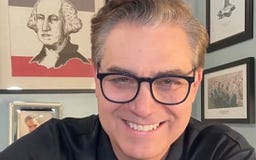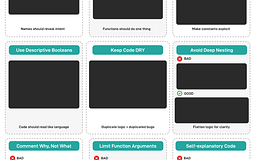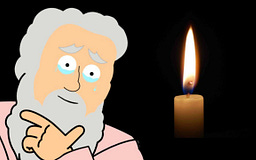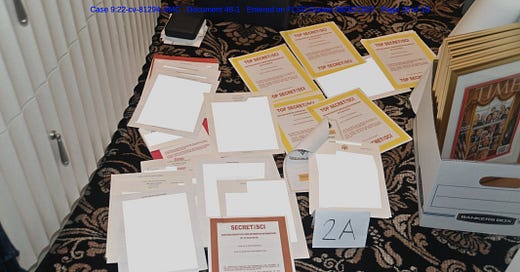Comment
The app for independent voices
You made it, you own it
You always own your intellectual property, mailing list, and subscriber payments. With full editorial control and no gatekeepers, you can do the work you most believe in.


Great discussions
Join the most interesting and insightful discussions.

Okay, I think I see what's going on here. Heather is putting these pieces together long before the news outlets and official statements are putting them together, which is why tonight's second-half (about the purloined documents) sounds like an echo of stuff we've already heard. We have heard it before, thanks to Heather's excellent narrative work.

The second half of this letter is a (MUCH) more crisp capture than otherwise exists anywhere that I have seen, of some past information.
Writing the theft of documents in such a crisp format has enabled me to send the letter to my Republican friends. Up to now, it was hard to send them stuff because the information is so lengthy and complicated and Trump and Fox and AM radio are spinning it so hard with simple sentences.
So, I have sent this to my Republican "friends" and contacts. Short, …

About 50 years ago, I took a Journalism class in HS. This was the first time to my recollection that I gave any recognition to political parties and that they were different. Using the Chgo Tribune and SunTimes, we learned that the Chicago Tribune was a Republican paper and the Chicago Sun-Times was a Democratic paper. I also learned that the format of the paper was geared to the reader: ie, the SunTimes was a magazine format that was easier to read on the bus, train, or at the diner. The Trib …

Yes, and in the late 1980s, I took a class in expository writing. There, I learned that the new style for journalism had become “build the narrative”. This literally meant that fiction could become the new reality. When I questioned the professor (senior level class) how a reader could understand the facts of a story, he looked at me rather sadly and said: “that is the problem, and I don’t know the answer”. Now, 40 years later, we can all see — not only where that school of thought went, but what it’s tenets led to.


















